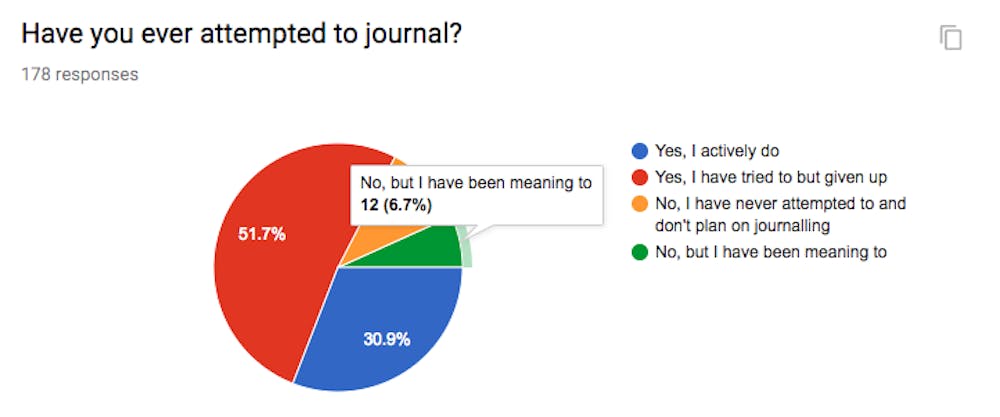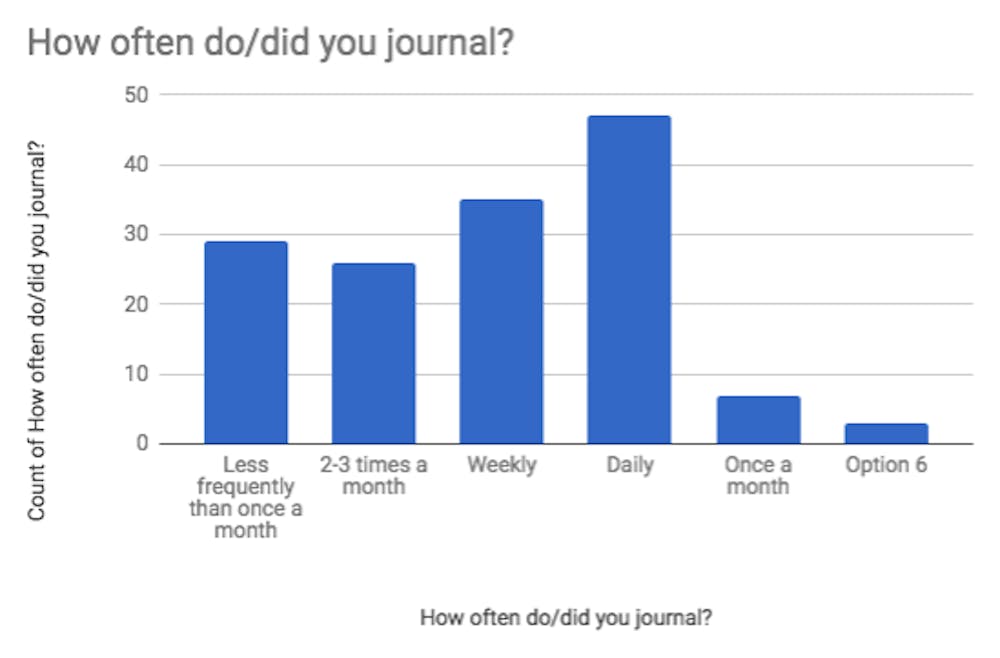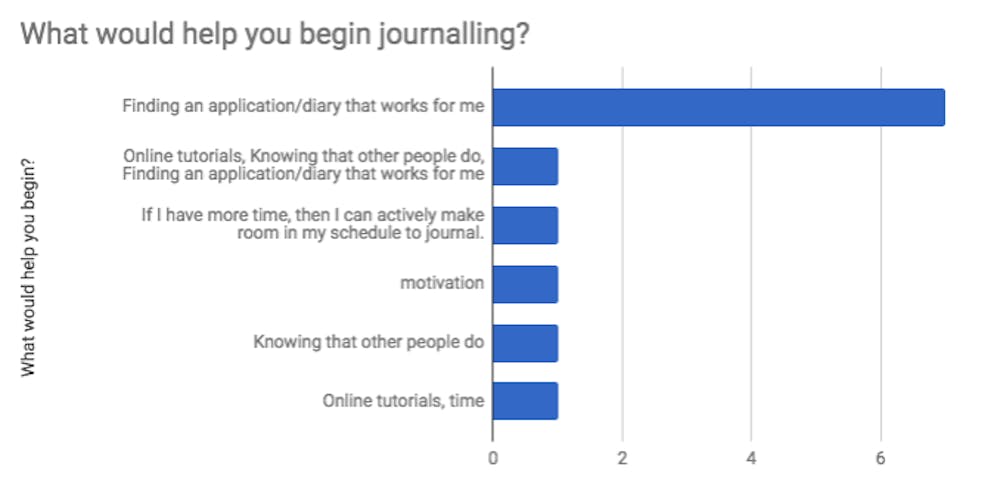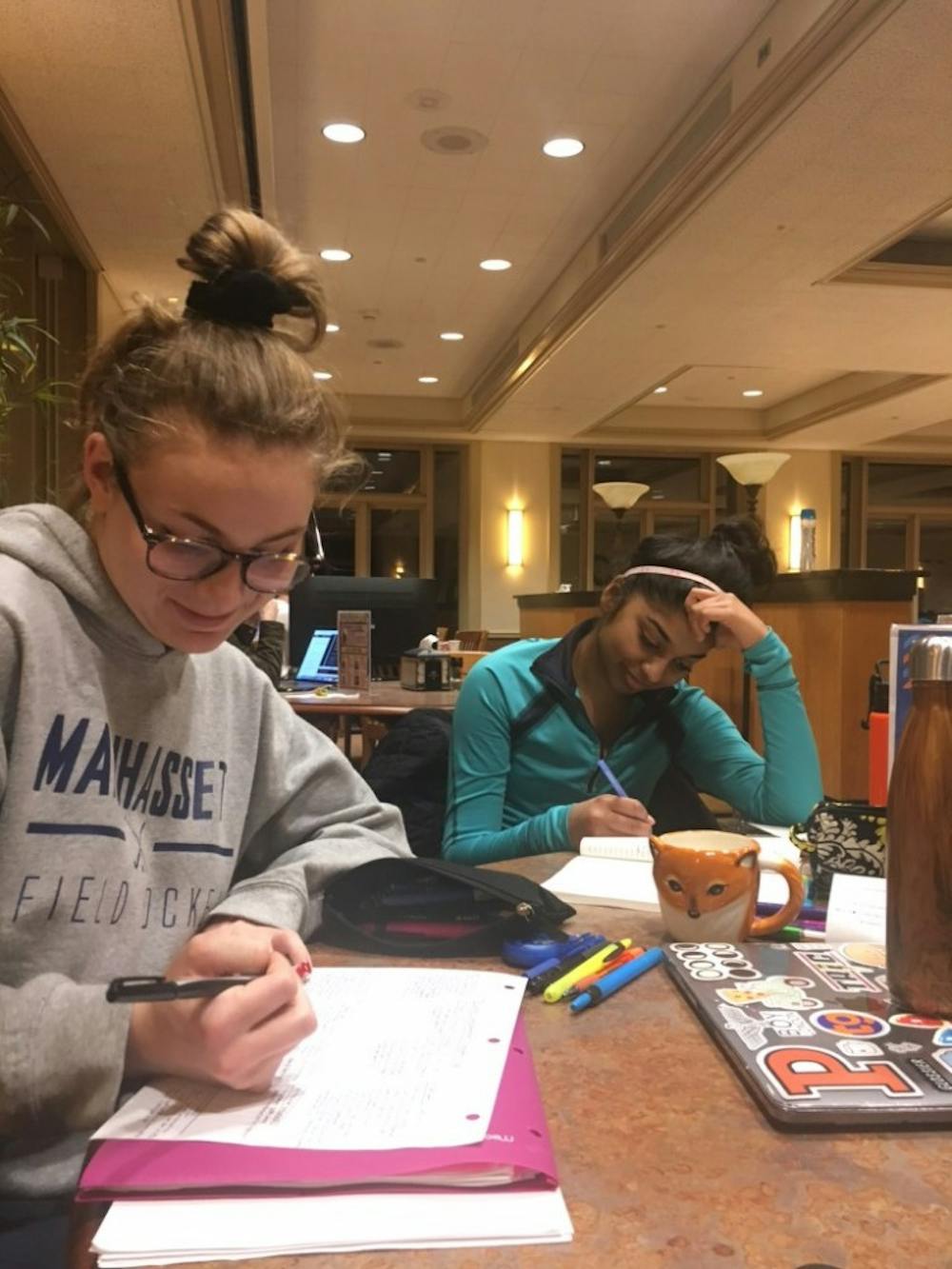I recently began to journal, a decision that was motivated in part by the horror that accompanied the end of my first semester (where did four months even go?) and the borderline, mostly-for-dramatic-effect existential crisis that occurred soon after, but also in an effort to become a better writer. When my editors informed me that the theme of this week’s Street issue was ‘entry,’ my one-track mind and a strange rendition of the Baader-Meinhof effect immediately associated the word with journaling.

Unashamedly, I reveled in the honeymoon phase of my newly discovered activity (and conveniently chose to forget the plethora of discarded diaries of arbitrary childhood memories). This interest was only amplified by the contents of my class ‘Leo Tolstoy, War and Peace: Writing as Fighting,’ where Professor Vinitsky discussed the role of diaries, their functionality, purpose, limitations, and ever-evolving role in our lives.
Inspired by this discussion and my own coinciding effort to journal, I wanted to know what my peers thought of this activity too. A 158-response-strong survey soon showed me that a large proportion of undergraduates had had similar experiences with journaling. Over half the participants indicated that they had attempted to form a journaling habit, but had given up. They cited forgetting about the journal or not having enough time as the two predominant reasons for their ultimate rejection of the activity. What I found interesting was that over three-fourths of the participants preferred to handwrite journals, while most others preferred some combination of writing and typing. The frequency of writing, I found, was concentrated between daily and weekly. Most people also chose to use their diaries to recount events, vent, and stay accountable for their actions, while a small minority also use diaries for religious reasons and to process events.

‘I journalled a lot when I was in elementary school, but I would always stop because I would forget to fill it up. Just during this past break, as a resolution going into second semester to be more self-aware, I restarted this habit. I find it helpful when I’m trying to figure out what to do about a difficult situation because a lot of times, my thoughts make more sense on paper than they do in my head,’ says Carina Lewandowski ’21, one of the participants who reached out to speak with me.


Unsurprisingly, most responders who have not started journaling yet cite time constraints and a lack of knowledge regarding how, or what, to write. For example, Ben Fasciano ’21 commented, ‘I hate writing, and I used to feel like spending time writing down thoughts would just stress me out more. However, Carina is a real inspiration in this regard, since she’s given me some great advice on journaling!’

To those who are struggling, I advise (given my classically-dramatized, but microscopically-limited experience): write about your day, your dreams, your prayers or your travels. Write of ideas and of hopes, write of gratitude and progress. Write to know yourself, by answering a daily question, scrapbooking, or sketching. Write to stay curious, creative, and engaged with the world around you.
Few say it better than Jack London: “Keep a notebook. Travel with it, eat with it, sleep with it. Slap into it every stray thought that flutters up into your brain. Cheap paper is less perishable than gray matter. And lead pencil markings endure longer than memory.”








